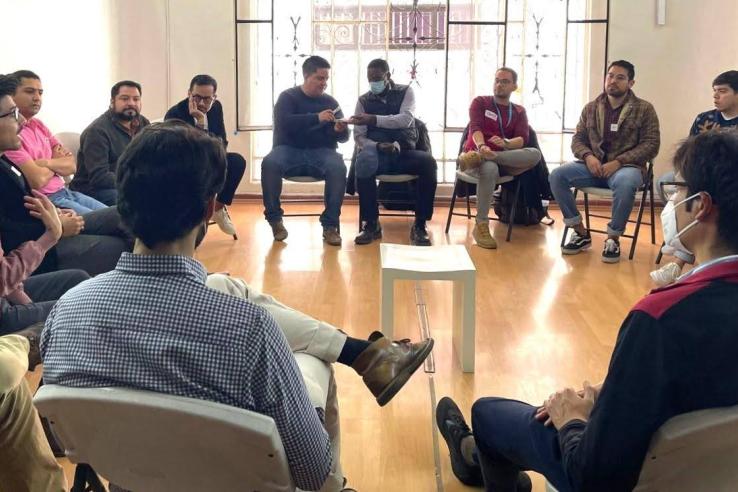J-PAL Latin America and the Caribbean (LAC), based at Pontificia Universidad Católica de Chile, leads J-PAL’s work in the LAC region. J-PAL LAC conducts randomized evaluations, builds partnerships for evidence-informed policymaking, and helps partners scale up effective programs.
Our research team works with J-PAL's network of affiliated professors to measure the impact of social programs and policies in LAC. Through online and in-person courses, we train implementers, policymakers, donors, and advocates on how to generate and use rigorous evidence. Our policy team works to institutionalize this learning and disseminate research results to governments and other partners.

Discover J-PAL's work in LAC
More about J-PAL Latin America and the Caribbean
Explore the J-PAL website to learn more about who we are, what we do, where we work, and how to engage with the J-PAL Latin America and the Caribbean team.

Blog
Integrating conservation into development policy in Brazil
While individual behavior and corporate commitments play an important role in transitioning to a sustainable economic development model, the structural changes needed to mitigate environmental impacts can also be effectively achieved through well-designed public policies.

Blog
Postdoc Spotlight: Alipio Ferreira, J-PAL '23, on his research journey at J-PAL LAC
In our new postdoc alumni spotlight series, we spoke with Alipio Ferreira, J-PAL '23, about his experience as a postdoctoral researcher at J-PAL Latin America and the Caribbean.

Blog
J-PAL LAC government partnerships: Reducing gender-based violence
Our work at J-PAL Latin America and the Caribbean (LAC) is made possible by the close collaboration with and dedication of many governments across the region who recognize the importance of using data and evidence to improve social programs and public policy. We will translate some lessons of this...

Blog
How can we support workers in their search for quality jobs?
Some of the challenges faced by job seekers include geographic and financial constraints, lack of information about the job market, difficulties in communicating their skills, and behavioral biases. Given this context, what policies can help them find quality jobs?